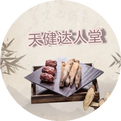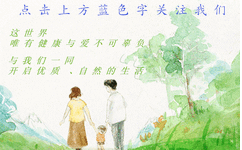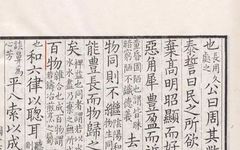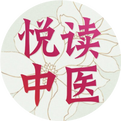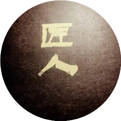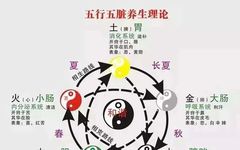Traditional Chinese Medicine Diagnosis: Fluid Deficiency and Phlegm Syndrome
Definition: The syndrome of Jin Ye Kui Xu Zheng (Fluid Deficiency Syndrome) refers to the condition where the body’s fluids are insufficient, leading to a lack of nourishment and moisture in the body, organs, and orifices. The main manifestations include thirst, desire to drink, reduced urination, dry stools, and dryness of the orifices and skin. … Read more

